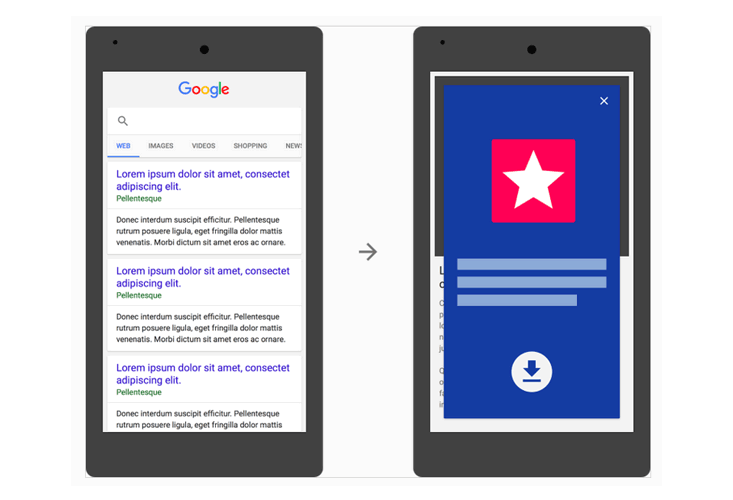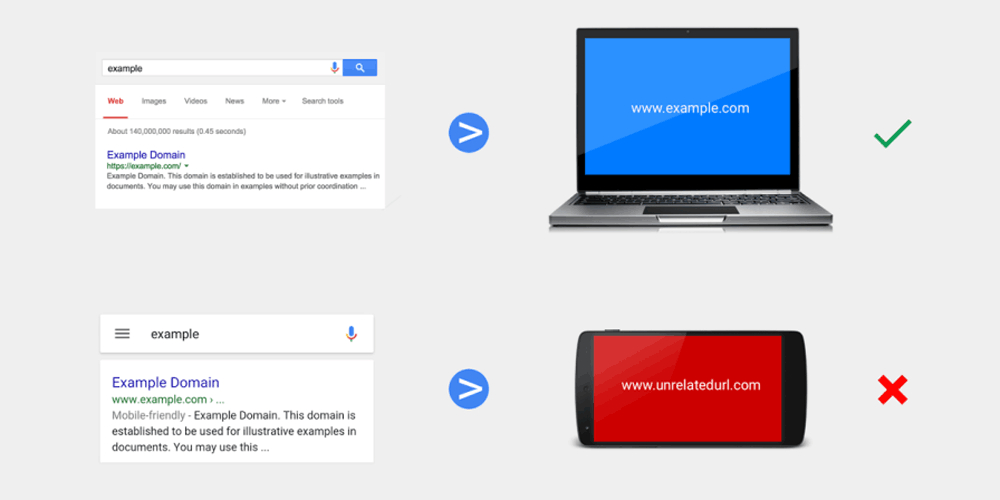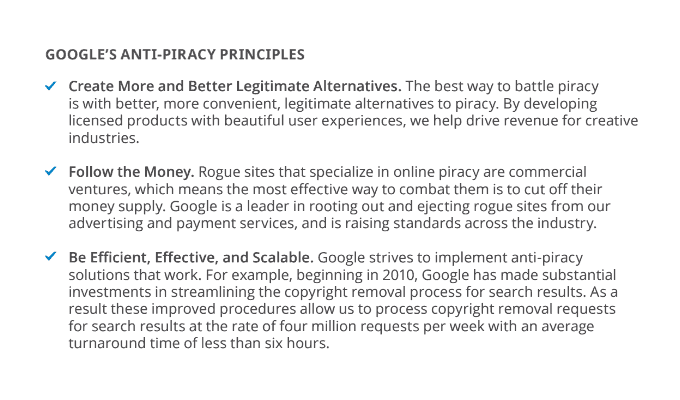Google is not the only search engine, but it's the biggest and the most influential by far.
With its algorithms, Google has the ultimate power in deciding what to show on its search results' pages. Since many websites are depending on Google to widen their reach and visibility, the last thing they need is getting ousted by the search giant.
To those who have experienced Google’s wrath, the effects of being penalized can be devastating. From a sudden drop in traffic, decreasing revenue and a bad reputation on the overall web.
Below is a list of things you need to avoid in order to stay out of Google's penalty:

Avoid Buying Links
Search engines like Google just love links. However, they only like those links, as long as they're earned and not given.
Back in the days when Google regarded links as a more priority, people saw the weakness and started farming for links. During those times, shady link builder were putting their links everywhere, tricking Google to rank their websites higher.
But as Google matures, it stopped looking at the quantity of links that were pointing to a site, and began looking at the quality of the links instead.
This is the reason why buying backlinks could end up in you spending money to get your website penalized.
Avoid Irrelevance
Backlinks that are sold, are mostly irrelevant to your niche. Think of it like having a website about travelling but having sites from games and religion linking to you.
Google doesn't like this practice, and having those irrelevant websites generating traffic to your website will just make Google unhappy.
If you're already doing this practice, or realized that your website is having backlinks from irrelevant sites, the one way to ensure that your site doesn’t get penalized is to disavow those links.
You need to regularly check your backlinks to ensure that you're not receiving any bad link juice from sites that are known for spam.
Avoiding Stuffing Keywords
As Google matures, its algorithms are also getting smarter all the time.
Keyword stuffing is the practice of putting the same keywords into a text to overwork the point of relevance. In short, you’re doing your content a disservice just to get Google to notice your site.
Doing this will catch Google's attention. If it sees that your website is trying to manipulate its search engine's algorithms, it will penalize your website accordingly.
To ensure that your content isn't stuffing any keywords that Google may dislike, you need to make sure that the keyword density isn't beyond normal. The best practice is to use the keyword naturally throughout your content as opposed to stuffing it in as much as possible.
Avoid Using Interstitial Pages

When visitors visit your website, they want to see the answer to their query. However, if you bother them by showing an interim page first (also called interstitial page), they won't like it.
These interstitial pages, quite often, are merely advertisements for the target destination. Because it ruins a good user experience user are expecting, Google may penalize those who practice this by removing them from its search engine results' pages.
Google is very interested in keeping people happy, so interstitial pages are something that should be avoided.
Avoid Fake Social Signals
Google gets information from everywhere on the web, including from social media networks.
Social signals here include, and not limited to: likes, shares, reposts, retweet and others. These signals however, can be purchased or traded to increase a post's value to other users on the social media, including search engines.
Because it may affect how its algorithms work, Google isn't liking it. Google penalizes those who take the easy route in ranking higher up in its search engine. Google is only interested in natural link building only.
Avoid Using Spun Contents
Contents that aren't original, won't perform well on Google.
Content writers may experience that they are too busy in creating a new original post. So instead of brainstorming, they spin a great article, and have it rewritten as if it was created originally by them. This is a bad thing because that "new" content isn't exactly new, and Google could detect it as a duplicate content.
There’s no easy answer when it comes to producing quality contents. You’ll have to either spend resources on creating one on your own, or invest on quality writers that are willing to work for you.
Remember that great link-building starts by creating astounding, long, beautiful, linkable content.
Avoid Content Cloaking
There are several definitions of "cloaking". But in Google's terms, cloaking involves the practice of presenting a content in a way that it differs from what Google sees and what visitors see.
Cloaked content will show a version of a content when Google accesses it, but will show another version when ordinary internet users see it. That’s accomplished by using code that reads the IP address and/or User-Agent HTTP header of the user and rendering content accordingly. Hidden text can also be made by using CSS, making text or links visible for Google, but invisible for the humans' eyes.
Google dislikes contents that trick its algorithms.
Avoid Sneaky Mobile Redirects

Some websites redirect visitors to another website that is completely unrelated and irrelevant to the content of the original site. This usually happens on mobile, not on desktop.
This sneaky redirecting method does not appeal Google. The search engine may penalize those websites that use this method.
Avoid Spammy And Clickbait Subjects
Luring people to your website using spammy and clickbait subjects, such as fake news or too-good-to-true topics, payday loans, gambling, male enhancement pharmaceuticals, etc, is not a good practive.
It's wise to not do any of the above.
Avoid "Top Heavy" Content
When users visit a website after searching something on Google, they're expecting to see what they want as soon as possible.
So if a website has too many things on top of the page, such as numerous ads, too many navigations or others, it's forcing visitors to scroll down to find the information they need.
Google isn’t a fan of what it calls “top heavy” content because it doesn't provide visitors a quick way to get to the answer they want.
Avoid Using Website That Isn't Mobile-Friendly
As more visitors of Google are using mobile devices, Google expects that the websites they visit are mobile-friendly to ensure a great browsing experience.
If your website isn't mobile-friendly or mobile ready, you’re simply limiting your reach because mobile visitors might have trouble using it.
Google may lower the rank of your website if it sees it's pages not suitable for mobile users.
Avoid Posting Pirated Contents

Offering pirated contents is a huge risk.
Not only that your website may face copyright infringement issues, Google is also a company that defends and protects intellectual properties.
Because hosting or linking to pirated content is not allowed under Google's policy, the search engine will lower the rank of those websites, or may even remove them entirely from its search results' pages.
Conclusion
There are many ways to rank higher, and the most easiest way is certainly using "dark methods". However, as Google starts to understand this practice and its variations, it's starting to slowly lower the rank of those websites that practice those methods.
Building a brand on the internet is not an easy task. Risking it by using the fast way is not worth the effort. The last thing you want, is to watch your search engine traffic drop because Google knowa that you’re violating its SEO policies.